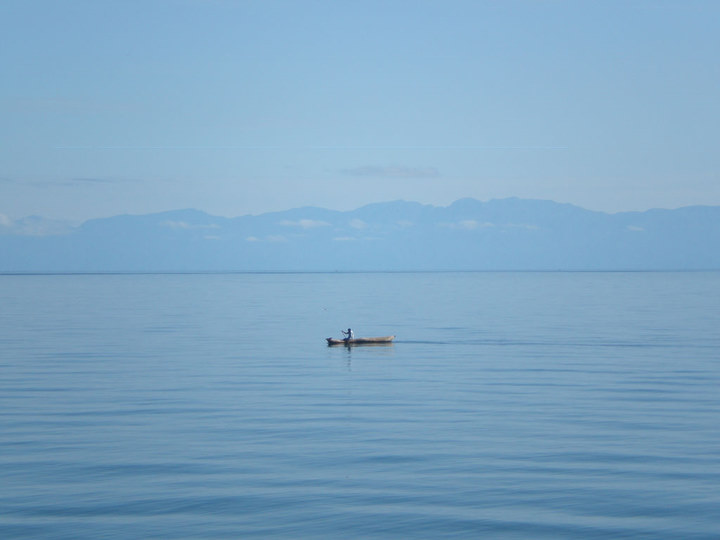Jiying Li's lab
Aquatic Biogeochem @HKUST

Welcome to our website. We study biogeochemistry in lakes and oceans.
The Hong Kong University of Science and Technology
Home / Research / Teaching / People / Publications / Join us / News
About Us
We study the physical, biological, and chemical-driven exchange and transformation of elements in a diverse range of aquatic ecosystems including lakes, estuaries, coastal and deep oceans. We focus on the cycles of life-supporting elements including carbon, nitrogen, phosphorus, sulfur, and redox metals, using field and laboratory data coupled with numerical modeling. We seek to understand the mechanistic controls of biogeochemical cycling and their climate and environmental implications.
Research Themes
- Sediment diagenesis and benthic-pelagic coupling
Sediments sequester and recycle materials from the water column. In sediments, materials undergo biogeochemical transformations that determine the fate of vital elements. Some of the materials/elements recycle back into the water column to support biological activities; some escape the system as gases into the atmosphere; some are buried into deeper sediments entering the long-term geological cycle. These processes regulate functioning of aquatic ecosystems and impact regional and global biogeochemical cycles. We are interested in quantifying these processes and understanding their controls and impacts. We seek answers to questions related to:
- how do sediments affect the chemistry and ecology of the water column
- how do sediment processes contribute to regional and global biogeochemical cycles across different time scales,
- and how can we use sediment records to quantitatively understand the past and predict the future biogeochemical trends Centering around this theme, we study sediment early diagenetic processes and sediment-water exchanges of key elements, including oxygen, carbon, nitrogen, phosphorus, sulfur, and redox-sensitive metals like iron. We have investigated sediments from diverse environments, ranging from freshwater lakes and coastal zones to the deep sea.
- Nutrient biogeochemistry
Life conveys energy and elements, shaping the chemistry of aquatic systems. Biological activities and productivity, at the same time, are controlled by geochemistry, especially by the availability of life-supporting elements. We are interested in these interactions. Our present interests include:
- phosphorus acquisition and storage mechanisms in bacteria and phytoplankton
- aerobic methane productions from bacterial and phytoplankton utilization of methylated compounds
 0000-0003-1677-6922
0000-0003-1677-6922